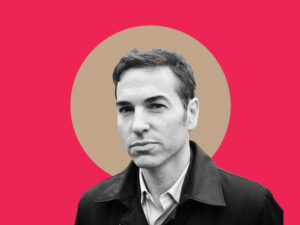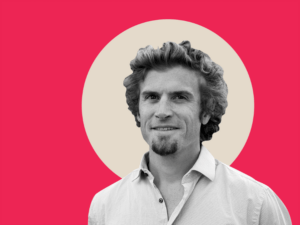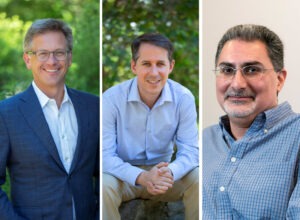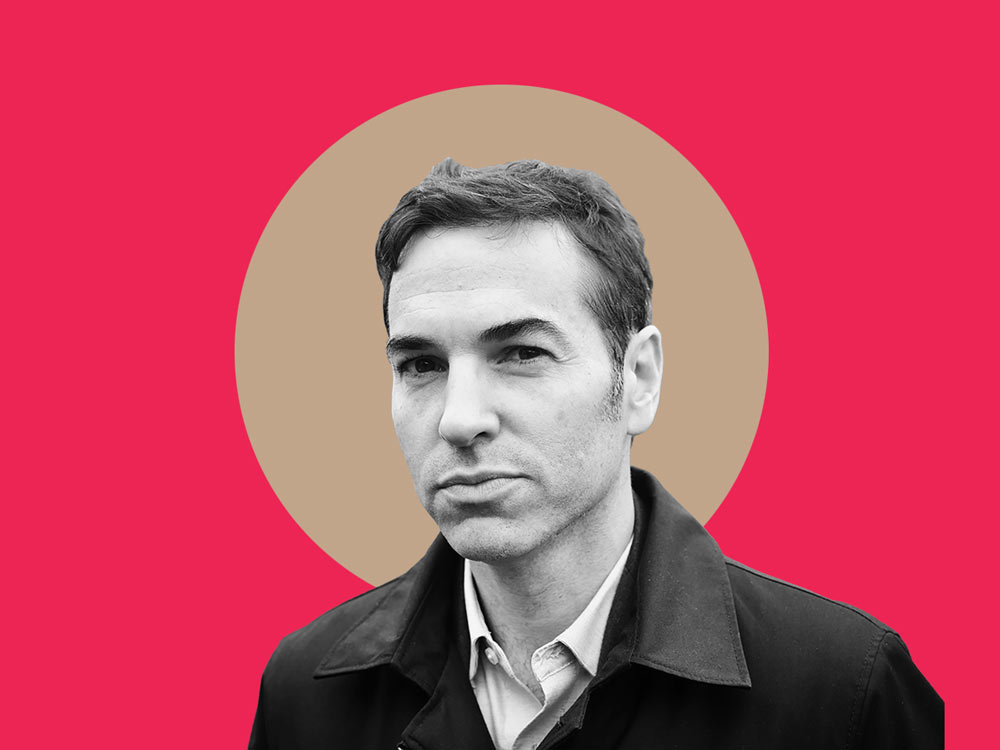An American charity is getting ready to test an idea to end global poverty: give poor people cash. GiveDirectly has been doing this for a few years already but never on this scale. Later this month, the organization will start a pilot project that aims to give 6,000 Kenyans the equivalent of a month’s salary, every month, for a decade or more. No strings attached.
GiveDirectly has already received praise for its past cash initiatives. It has been able to demonstrate that when you simply give families money – and let them decide what to do with it – myriad benefits ensue: children’s health improves, school attendance goes up, and families tend to save and invest. (Some feared people would blow the money on beer but they don’t.)
We spoke to GiveDirectly’s co-founder Paul Niehaus, a Harvard-trained economist whom Foreign Policy named named one of its 100 Leading Global Thinkers. He says there are many traditional aid programs, like job skills training programs, that just don’t work. He believes that it is time to reevaluate the old development adage that if you teach a man to fish, you feed him for a lifetime.
“We’ve got to go back to people, now, and admit that we evaluated it and it turns out our fishing lessons aren’t very good,” he says. “Frankly, there is so much stuff that we spend billions of dollars on every year right now, that we already know doesn’t work.” Niehaus says replacing those programs with cash transfers would be a “huge win”.
We discuss the sustainability of handing out cash to the poor, why Niehaus chooses to alleviate poverty abroad rather than in the US, and the role of humility in development work.
ADDITIONAL RESOURCES
Foreign Affairs, To Help the Poor Give Them Cash
Sign up for our free newsletters
Subscribe to NPQ's newsletters to have our top stories delivered directly to your inbox.
By signing up, you agree to our privacy policy and terms of use, and to receive messages from NPQ and our partners.
Stanford Social Innovation Review Give Directly? Not So Fast.
Details of GiveDirectly’s basic income pilot
GiveDirectly’s blog about refusals of cash in Kenya
Business Insider: A revolutionary experiment in giving 6,000 people free money may face a surprising challenge
Niehaus on Twitter












